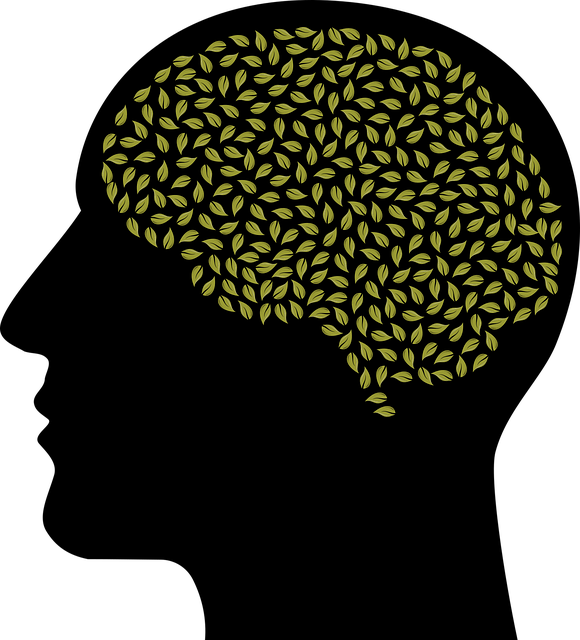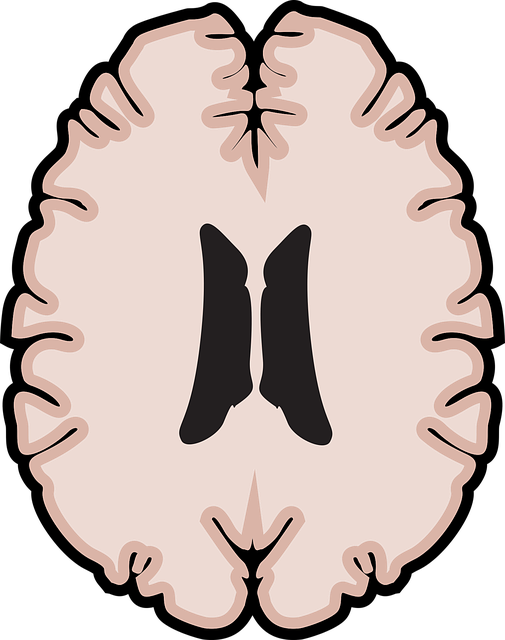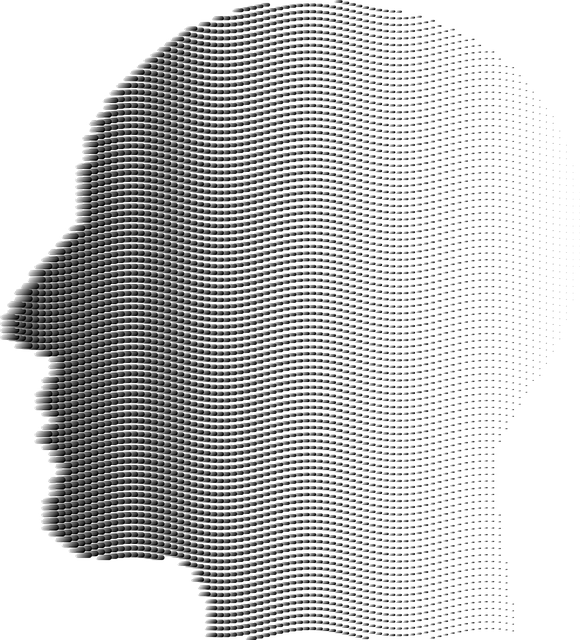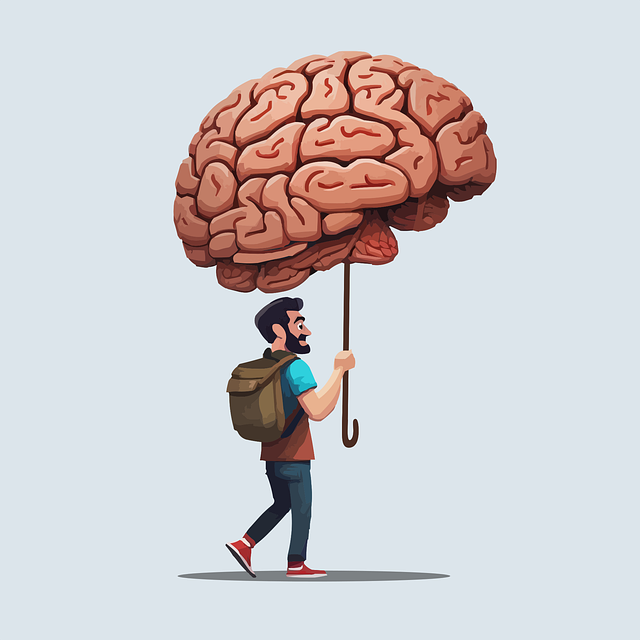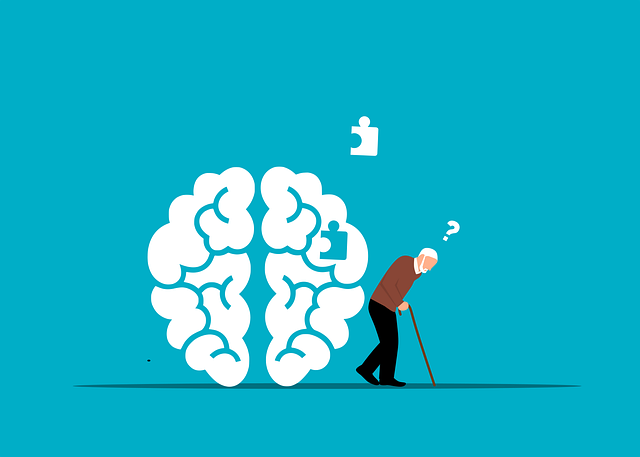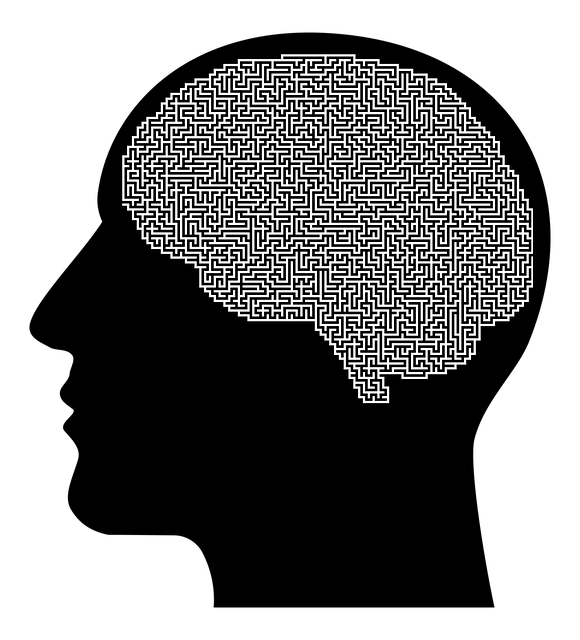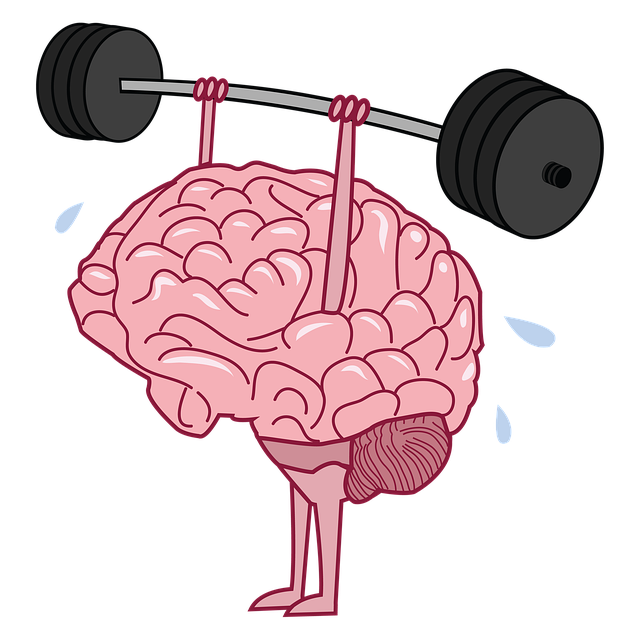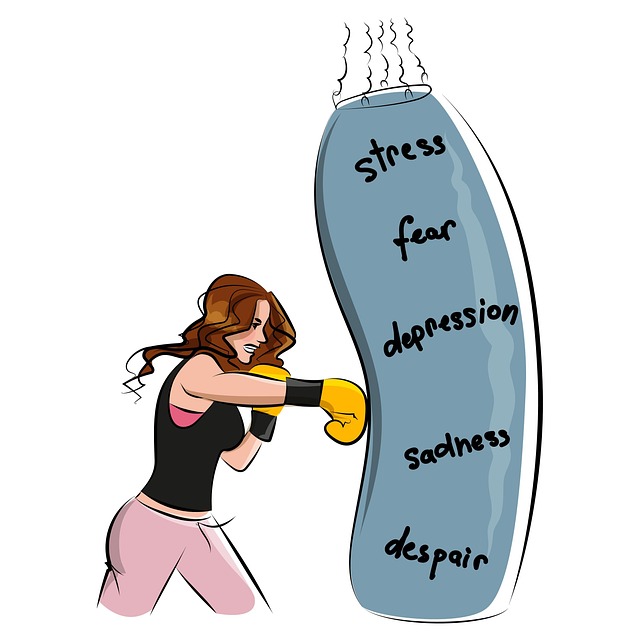Young adults with Autism Spectrum Disorder (ASD) face distinct mental health challenges during adulthood, requiring specialized therapy like CBT and wellness coaching. The digital age offers a transformative opportunity through therapeutic apps that cater to individual needs, incorporate mindfulness, and leverage interactive features. These apps, focusing on goal-setting, cognitive behavioral therapy, and social interaction, enhance traditional services and promote self-care habits. User experience and privacy considerations are vital for successful mental wellness apps tailored to young adults with ASD, advocating for improved mental health policies.
“In today’s digital landscape, technology offers promising avenues for improving mental wellness among young adults with Autism Spectrum Disorder (ASD). This article explores the growing need for innovative solutions, focusing on the development of specialized therapy apps. We delve into the unique challenges faced by this demographic and highlight the potential of digital therapeutic tools. By examining key features, user experiences, privacy, and ethical aspects, we aim to guide developers in creating effective and inclusive therapy apps tailored to the specific needs of young adults with ASD.”
- Understanding Mental Health Challenges Among Young Adults with Autism Spectrum Disorder (ASD)
- The Role of Technology: Developing Effective Digital Therapeutic Tools
- Key Features and Functionality for ASD-Specific Therapy Apps
- User Experience, Privacy, and Ethical Considerations in App Design
Understanding Mental Health Challenges Among Young Adults with Autism Spectrum Disorder (ASD)

Young adults with Autism Spectrum Disorder (ASD) face unique mental health challenges that often go unnoticed or undiagnosed. The transition from adolescence to adulthood can be particularly difficult for this population, as they navigate new social expectations and independent living. Many young adults with ASD struggle with anxiety, depression, and sensory processing difficulties, which can significantly impact their emotional well-being. These internalized struggles are often compounded by external pressures, such as academic demands, social interactions, and the need to develop essential life skills.
Therapy for Young Adults with ASD plays a pivotal role in addressing these challenges. Cognitive-behavioral therapy (CBT) has shown effectiveness in managing anxiety and depression, teaching individuals coping strategies to deal with sensory overload and stress management techniques. Mental wellness coaching programs tailored to this specific demographic can foster self-advocacy, enhance social skills, and promote emotional well-being. Through specialized support, these young adults can develop resilience, improve their quality of life, and better navigate the complexities of adulthood.
The Role of Technology: Developing Effective Digital Therapeutic Tools

The digital age presents a unique opportunity to revolutionize mental healthcare, especially for marginalized communities like young adults with Autism Spectrum Disorder (ASD). Technology plays a pivotal role in developing effective digital therapeutic tools that cater to individual needs. Apps designed with cultural sensitivity in mental healthcare practice can offer personalized support, breaking down barriers and ensuring accessibility. These tools utilize evidence-based practices such as Mindfulness Meditation to enhance emotional healing processes, catering specifically to the challenges faced by individuals on the autism spectrum.
By incorporating interactive features and adaptive technologies, mental wellness apps can engage young adults with ASD in therapeutic activities tailored to their unique preferences and learning styles. This innovative approach not only complements traditional therapy but also empowers users to actively participate in their emotional well-being, fostering self-care habits and promoting overall mental resilience.
Key Features and Functionality for ASD-Specific Therapy Apps

The development of therapy apps specifically tailored for individuals on the Autism Spectrum Disorder (ASD) is a promising area in mental wellness technology. These apps offer accessible and engaging solutions to support young adults with ASD in managing their unique challenges. Key features should include personalized goal-setting tools, allowing users to track progress in areas such as social communication and adaptive behaviors. Interactive modules focused on cognitive behavioral therapy techniques can help users identify and modify negative thought patterns and develop coping strategies.
Additionally, integrating features that encourage social interaction and connection is vital. Video modeling and live virtual group sessions can facilitate social skills training and build a sense of community. Incorporating Mental Health Education Programs Design principles, these apps should also provide informative content about ASD, promoting understanding and self-acceptance. By addressing the specific needs of young adults with ASD, such therapy apps complement traditional mental health services and contribute to broader Mental Wellness initiatives while advocating for better Mental Health Policy Analysis and Advocacy.
User Experience, Privacy, and Ethical Considerations in App Design

In the realm of mental wellness app development, user experience (UX) is paramount. Designing intuitive interfaces that cater to diverse needs—especially for vulnerable populations like young adults with Autism Spectrum Disorder (ASD)—is crucial. Effective apps should seamlessly integrate therapy sessions, self-care practices, and conflict resolution techniques tailored to ASD individuals’ unique learning styles. A well-crafted UX encourages consistent engagement, making therapy more accessible and appealing.
Privacy and ethical considerations are equally vital. Developers must ensure secure data handling, adhering to strict privacy regulations. Transparent data collection practices, clear consent mechanisms, and robust security measures are essential to build trust with users. Moreover, apps should promote positive mental wellness through features like Mental Wellness Journaling Exercise Guidance, fostering self-awareness and empowering individuals to manage their conditions effectively while navigating the complexities of modern life.
The development of mental wellness apps tailored for young adults with Autism Spectrum Disorder (ASD) presents a promising avenue for enhancing access to effective therapy. By leveraging technology, these apps can offer personalized and engaging therapeutic interventions, addressing the unique challenges faced by this demographic. Incorporating features like adaptive communication tools, sensory-friendly environments, and evidence-based strategies, ASD-specific apps have the potential to revolutionize mental health support, promoting better outcomes and improved quality of life for young adults on the spectrum.




